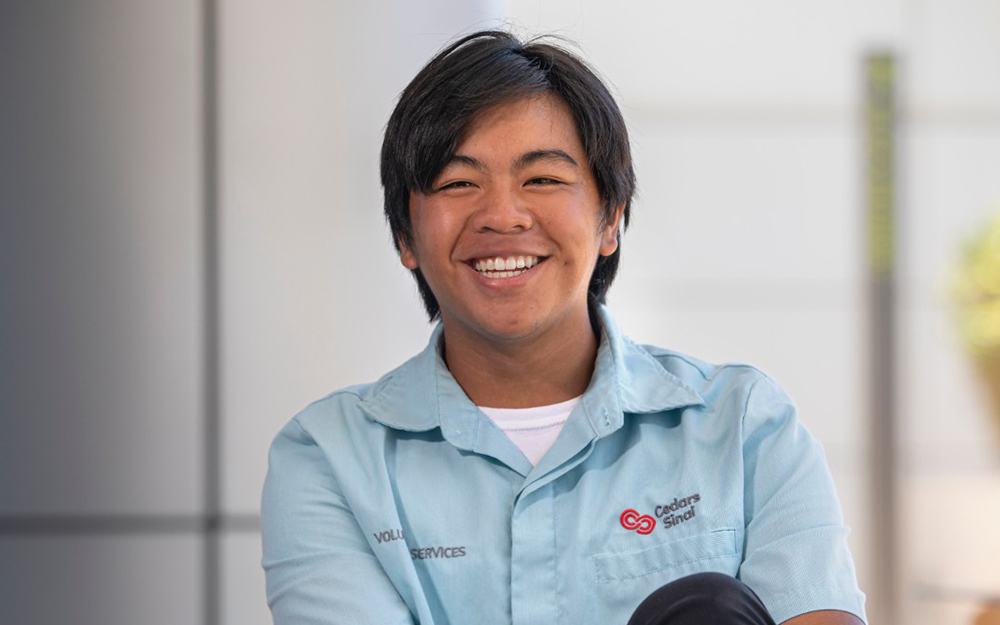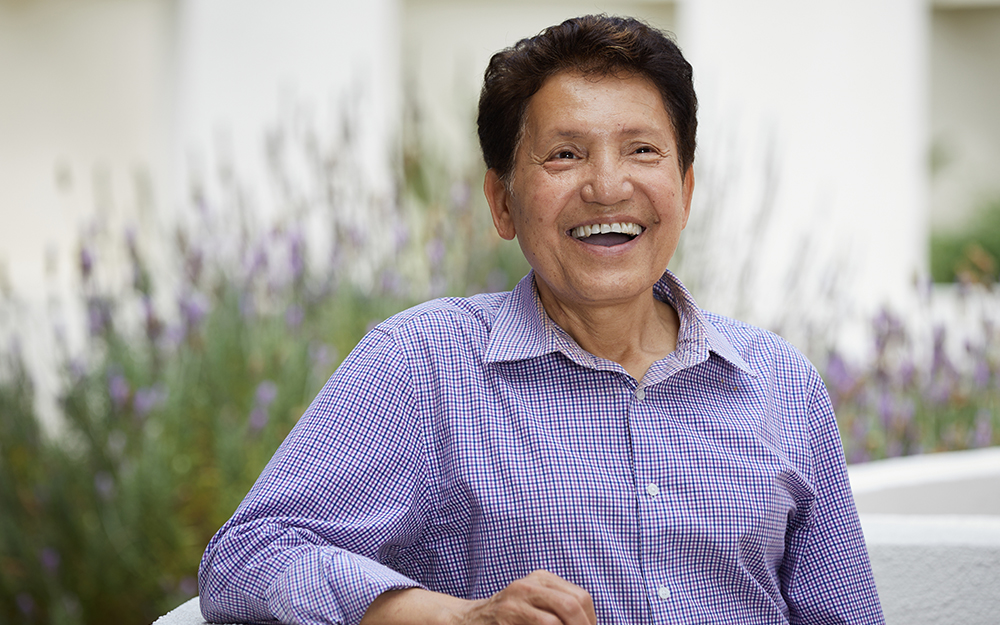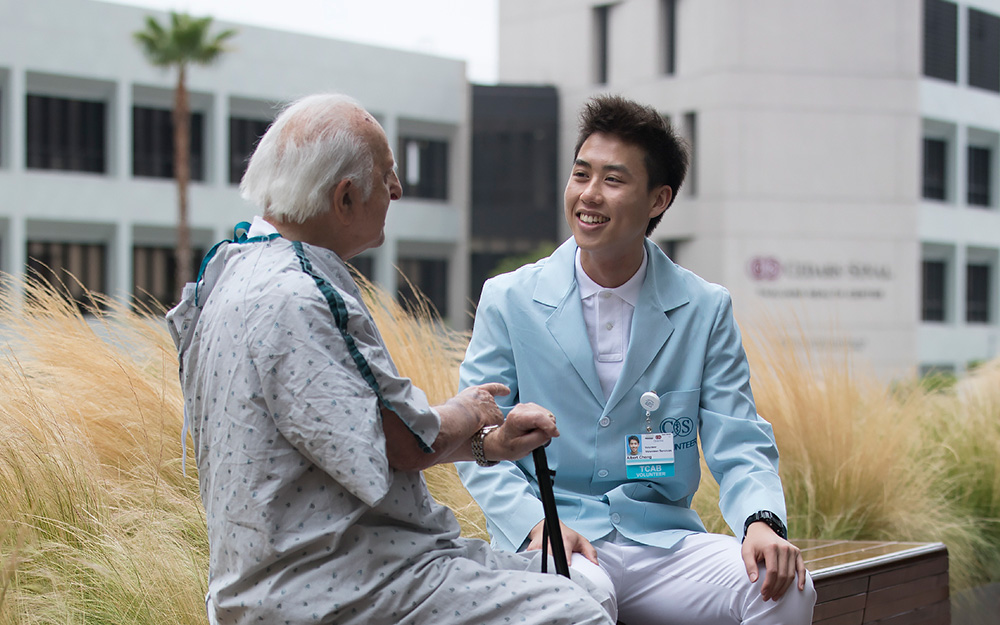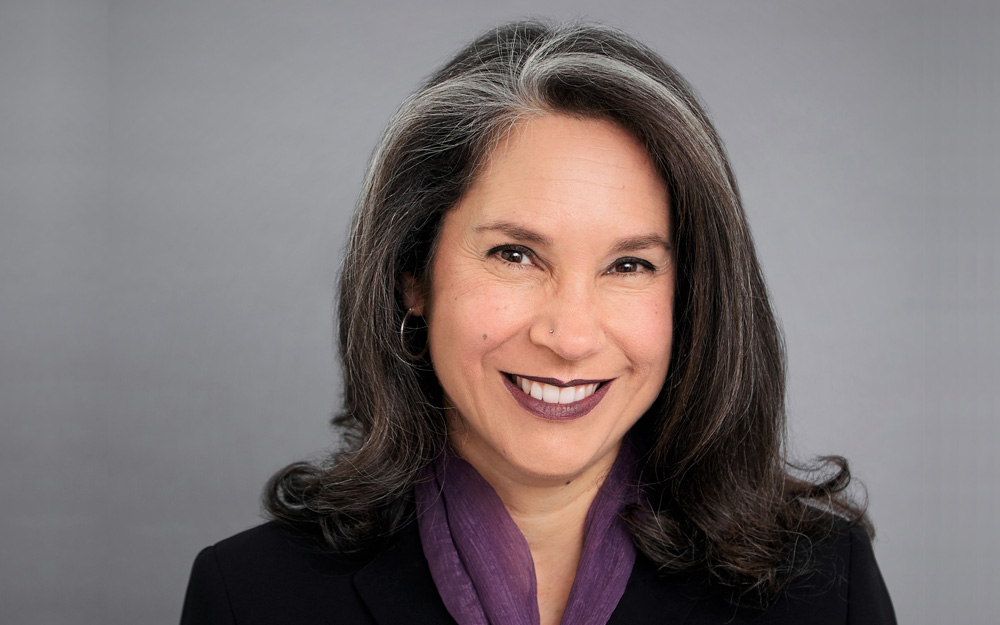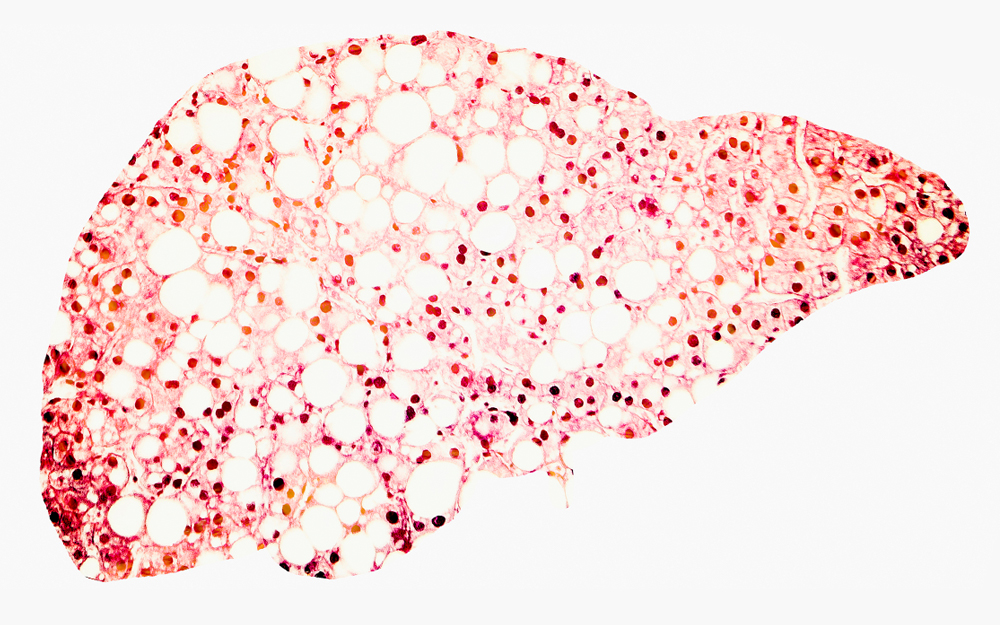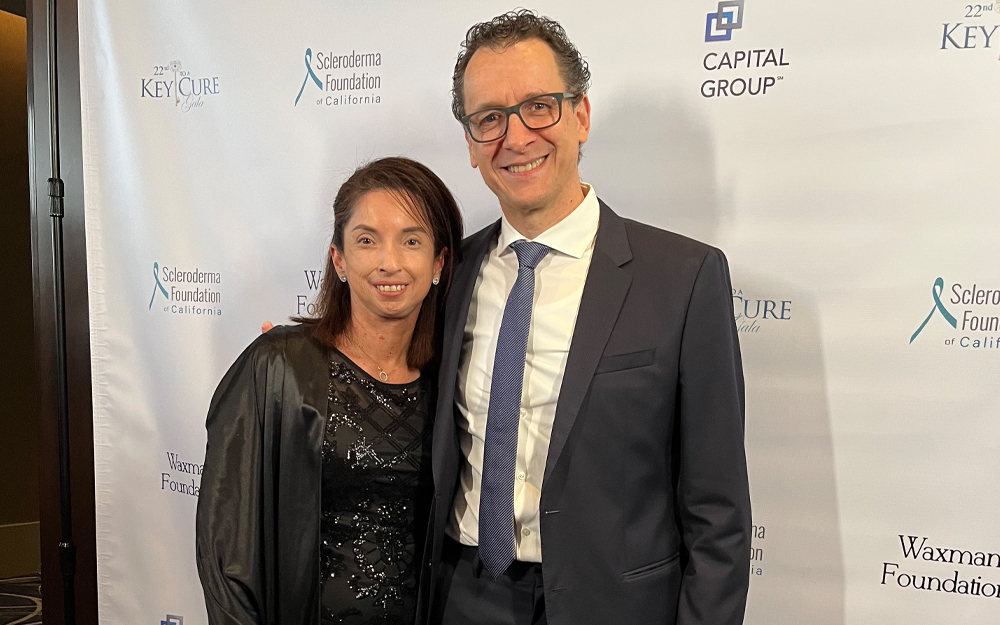Faces of Cedars-Sinai: Benson Joseph, Ray Charles Foundation Scholar
Date
February 21, 2022

Date
February 21, 2022
Credits
Medical providers featured in this article
In Brief
{{cta-block}}
Dr. David Jones Peck became the first Black medical student to graduate from an American medical school when he received his medical degree from Rush Medical College in Chicago in 1847. For Black History Month, we spoke with some of our notable past and current students to learn what inspired them to choose a career in medicine, what obstacles and victories they've experienced, and what advice they have for future doctors and scientists of color.
Meet Benson Joseph, a fourth-year medical student at Meharry Medical College and a recipient of the Ray Charles Foundation Scholars Fund in Neurosurgery award—part of a groundbreaking Cedars-Sinai program that promotes diversity in neurosciences by strongly encouraging qualified students from historically black colleges and universities to apply.
"When the 2010 earthquake struck Haiti, there was a dire need for medical resources and personnel. I saw how valuable doctors are, and I devoted my career to saving lives, maintaining or improving people's quality of life, and helping others achieve their health goals."
What inspired you to pursue a career in medicine?
Benson Joseph: I've always had a passion for science and helping others, and seeing the health disparities overseas in Haiti helped me see the disparities faced by people in the community where I lived.
When the 2010 earthquake struck Haiti, there was a dire need for medical resources and personnel. I saw how valuable doctors are, and I devoted my career to saving lives, maintaining or improving people's quality of life, and helping others achieve their health goals.
What struggles or obstacles have you faced in your education or training as a result of racial bias?
BJ: Racial bias, whether conscious or not, exists at every level of the healthcare system. Thankfully, I have yet to have a patient refuse care because of the color of my skin. However, when I was in graduate school, a professor of mine flat-out refused to endorse my application for medical school with a letter of recommendation.
Instead, he asked what my second choice was if it didn't work out. I went to his office hours for months and earned a high mark in his course, but all he remembered was that I was the Black man who sat in the front of his class.
Learn more and Apply to
The Ray Charles Foundation Scholars Fund in Neurosurgery
What's your advice to Black youths who are thinking about pursuing a STEM career?
BJ: Do it! If you have a passion for science and want to improve the lives of others, a career in a STEM field will be rewarding.
Create a vision, build a plan and develop a relationship with a mentor who is committed to helping you. Obstacles will arise on your path, but it is important that you remain steadfast and persevere.
How do you hope to change or influence perceptions as a Black person in the field of in medicine?
BJ: I'm often met with shocked reactions when I tell people I want to practice medicine. It happens even when I'm talking to people of color. It’s hard to tell whether that is because Black doctors are rare or because people generally think it's difficult to become a doctor.
Black people make up close to 12% of the U.S. population, yet less than 6% of doctors in the U.S. are Black. Before I started medical school, I had never met or seen a practicing Black doctor. However, the world is changing. It is growing more connected, and young people are getting more access to information and more exposure.
